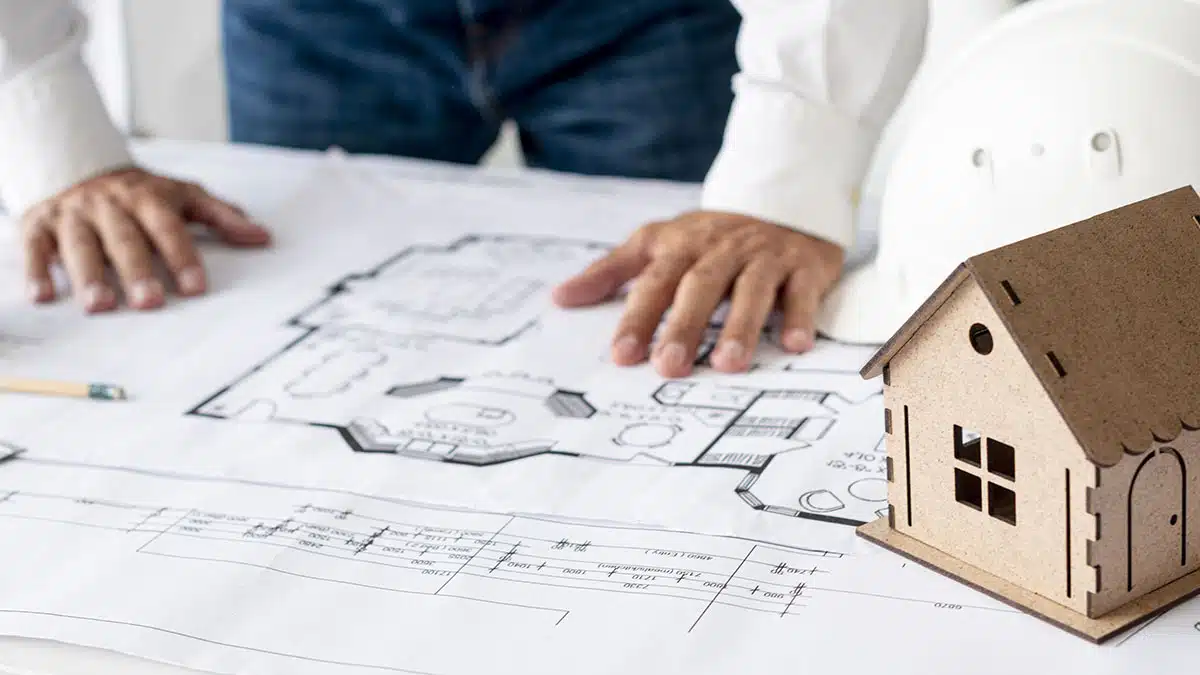It is a smart move to purchase a generator for your home, although the size is of utmost importance. An undersized generator will not run all that you want. It may cost a lot and consume energy.
Therefore, you should know how to determine the most suitable size of a generator. This is not as difficult as it may sound; you simply have to plan and consider the power consumption in your home. In this article, you will get the top tips to choose the right generator for your home.
1. Understand Your Power Needs
You can begin by creating a list of appliances and systems that you need to operate during a power outage. These can be lights, refrigerators, freezers, heating or cooling systems, internet modems, and medical equipment.
Then, read the wattage on the item. This can normally be found on the label or in the user manual. Calculate your total wattage to determine how much electricity you will require. This will tell you roughly what size generator you will need.
2. Know the Types of Generators
Generators can be classified into three types: portable, inverter, and standby (whole home) generators. The portable and inverter generators are smaller and are useful in powering only a few basic appliances. They are good at temporary power disruptions.
Full-house or backup generators are bigger and can automatically operate your whole house. These are preferable when you are in a location with a high frequency or a lasting outage. Therefore, select the kind based on your locality and livelihood.
3. Learn the Difference Between Starting and Running Watts
There are appliances, such as refrigerators or air conditioning systems, that consume more power during the start-up cycle. These are referred to as starting watts. Once running, they consume fewer watts, which we call running watts.
Ensure the whole home generator has starting and running watts capability. The simple error is to only estimate the running watts and leave out the increased power requirement at start-up.
4. Consider Future Needs
One important tip is to think ahead. Will you be adding more appliances, building a home office, or installing electric heaters in the future? If you are planning to do so, choose a generator that provides power to more appliances.
Moreover, it’s better to get a slightly larger generator than one that struggles to meet your needs. A little extra power gives you flexibility and peace of mind.
5. Consult With a Professional
In case you are uncertain of the size of a generator to use, consult an expert or a certified electrician. They can visit your house and provide you with precise suggestions. By doing this, you will get the proper idea.
Additionally, professionals help you with installation and safety testing, just to ensure that your generator is functioning properly. But be careful, do the math, and see a specialist, should you need one. Whether it is weekends, holidays, or seasons, by finding the correct generator, you will be safe, comfortable, and ready to address any scenario of power failure.



